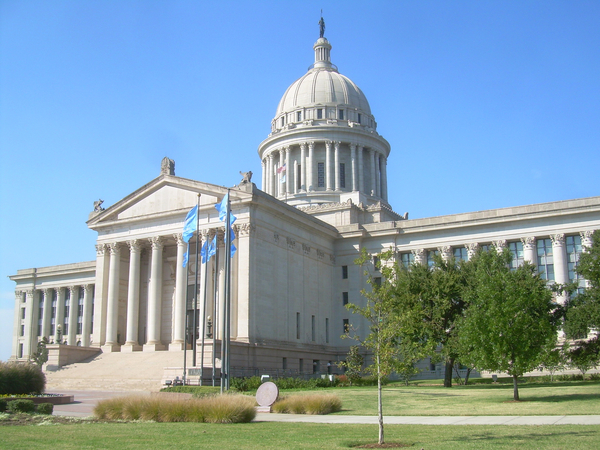
- Details
- By Native News Online Staff
Three tribal nations in Oklahoma had their reservations deemed "never disestablished" last week by the Oklahoma Court of Criminal Appeals.
Winston Whitecrow Brester, a citizen of the Seneca-Cayuga Nation, filed for post-conviction relief in November 2020 over crimes he was convicted of between 2018 and 2020 in Ottawa County. Brester claimed that since his crimes were committed on the Ottawa, Peoria and Miami Tribe's reservations, he should be tried in federal court, not state court — per the landmark McGirt v. Oklahoma ruling in 2020 that established that crimes committed by Native Americans on tribal lands fall under the jurisdiction of the tribal nations and federal courts.
In response, the state filed an opposing motion, claiming that the reservations in question had been disestablished by termination-era policies in the 1950s, and the state, therefore, had the right to prosecute Brester. The termination era —which spanned the 1940s and 1960s — was defined by policies that sought to terminate the government's trusteeship over Indian reservations under the guise the liberating Tribal nations from federal control. However, those policies and measures failed and the federal government ultimately reinstated tribal nation's sovereign status, including the Peoria and Ottawa tribes.
In its 45-page decision last week, the court wrote:
"In sum, the Treaty of 1867 created a reservation for both the Ottawa and Peoria Tribes. These reservations, even if diminished or terminated by each Tribe's respective termination act, were restored by Congress with the express and unqualified repeal of these termination acts in the 1978 Reinstatement Act as well as with the express reinstatement of all rights and privileges lost in connection with termination."
The decision ends months of back and forth over the state's jurisdiction over the reservations, during which several cases were dismissed by district court judges or district attorneys because they were waiting on a ruling, per The Oklahoman.
Last month, Oklahoma Attorney General Gentner Drummond sent a letter to Ottawa County District Attorney Doug Pewitt, urging him to exercise criminal jurisdiction as several cases were pending before a decision was reached on the status of the reservations.
More Stories Like This
Native News Weekly (August 25, 2024): D.C. BriefsUS Presidents in Their Own Words Concerning American Indians
DHS Secretary Noem Tells Tribes ICE Does Not Target Native Americans
Native News Online Marks 15 Years of Warrior Journalism
I’m a Minneapolis Postal Worker. This Is What I Saw.
Help us defend tribal sovereignty.
At Native News Online, our mission is rooted in telling the stories that strengthen sovereignty and uplift Indigenous voices — not just at year’s end, but every single day.
Because of your generosity last year, we were able to keep our reporters on the ground in tribal communities, at national gatherings and in the halls of Congress — covering the issues that matter most to Indian Country: sovereignty, culture, education, health and economic opportunity.
That support sustained us through a tough year in 2025. Now, as we look to the year ahead, we need your help right now to ensure warrior journalism remains strong — reporting that defends tribal sovereignty, amplifies Native truth, and holds power accountable.
 The stakes couldn't be higher. Your support keeps Native voices heard, Native stories told and Native sovereignty defended.
The stakes couldn't be higher. Your support keeps Native voices heard, Native stories told and Native sovereignty defended.
Stand with Warrior Journalism today.
Levi Rickert (Potawatomi), Editor & Publisher


